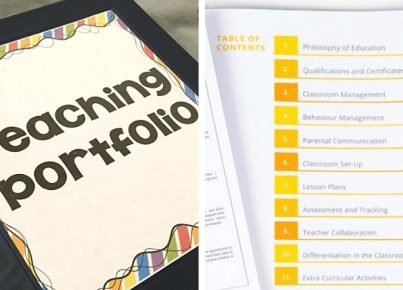In today’s fast-paced and ever-changing world, it is more important than ever for students to develop independent learning skills. Independent learning allows students to adapt to new situations quickly, solve problems effectively, and think critically throughout their education. This article will provide a practical guide on how to promote and develop independent student learning.
1. Set clear goals and expectations:
Establishing clear objectives and expectations within the classroom is crucial in encouraging independent learning. Teachers should outline these goals at the beginning of a course or unit so that the students understand what is expected of them. Setting incremental benchmarks will allow students to chart their progress and take ownership of their learning.
2. Encourage autonomy:
Teachers should foster an environment where students feel empowered to make independent decisions regarding their education. This can be achieved by providing a range of resources, allowing freedom of choice in assignments, and giving students the opportunity to set personal goals. Encouraging autonomy not only boosts student confidence but also allows for greater individualization in the learning process.
3. Teach study skills and time management:
Equipping students with effective study habits such as goal-setting, note-taking, self-monitoring, organization, and time management ensures that they have the tools needed for independent learning. Teach these skills explicitly, model them for your students, and integrate them into your daily lesson plans.
4. Facilitate collaborative work:
Peer collaboration fosters independence by encouraging students to rely on one another for support and assistance as they navigate their education journey together. Group projects or team-based assignments encourage communication skills, problem-solving abilities, negotiation tactics, and collaboration amongst classmates.
5. Utilize technology:
The integration of technology within the classroom not only supports independent learning but also helps cultivate digital literacy skills that are essential in today’s world. Online platforms and software provide access to a variety of resources such as articles, videos, quizzes, interactive games, which can supplement the students’ learning journey. Encourage your students to explore these resources and utilize them in their studies.
6. Provide constructive feedback:
Regular feedback promotes reflection and self-assessment, which are essential to independent learning. Ensure that feedback is specific, actionable, and assumes a growth mindset to motivate and encourage students in overcoming challenges and setting new objectives.
7. Foster a growth mindset:
Encouraging a growth mindset in students promotes resilience, determination, and motivation to learn independently. Reinforce the idea that intelligence is not fixed and emphasize the importance of effort and persistence in achieving success.
By incorporating these practices into your teaching methods, you’ll set the stage for developing independent learners who are adaptable, resourceful, and self-motivated. Nurturing these skills will not only benefit your students in their educational journey but also instill lifelong learning habits that will serve them well throughout their lives.



